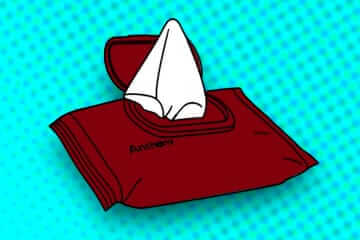Skin Care
The latest men's skincare news, product reviews and advice on taking care of your skin.
Skin Care
The latest men's skincare news, product reviews and advice on taking care of your skin.
-
![]()
The Lazy Man's Guide to Great Skin
-
![]()
The Winter Skincare Survival Guide
-
![]()
The Truth About Your 30s Skin Shift
-
![]()
Don't Let the Gym Wreck Your Face
-
![]()
The Rise of
Luxury Deodorant -
![]()
Grooming's Best
Kept Secret -
![]()
The One Grooming Product Most Guys Overlook
-
![]()
Level Up
Your Lather -
![]()
The Best Body Scrubs to Suit Any Guy's Skin
-
![]()
Do You Want
Great Skin? -
![]()
Take Care of
Your Eyes -
![]()
The Best
Body Lotions -
![]()
Now's the Time to
Supercharge Your Skincare -
![]()
Do Those Red Light
Products Really Work? -
![]()
The Best Bar
Soaps for Men -
![]()
It's Time to
Start Exfoliating -
![]()
An Easy
Home Upgrade -
![]()
The Toner for
Your Skin Issues -
![]()
Full-Body Deodorants
Are Here -
![]()
The Powerhouse
Skincare Ingredient -
![]()
The Best Facial Moisturizers at Any Price
-
![]()
Your Skin Care
Secret Weapon -
![]()
Best Night Creams
for Men -
![]()
Time to Consider
a Retinol -
![]()
Best SPF
Moisturizers -
![]()
Best Vitamin C
Skin Care -
![]()
Acids Are Your Answer
to Common Skin Issues


























